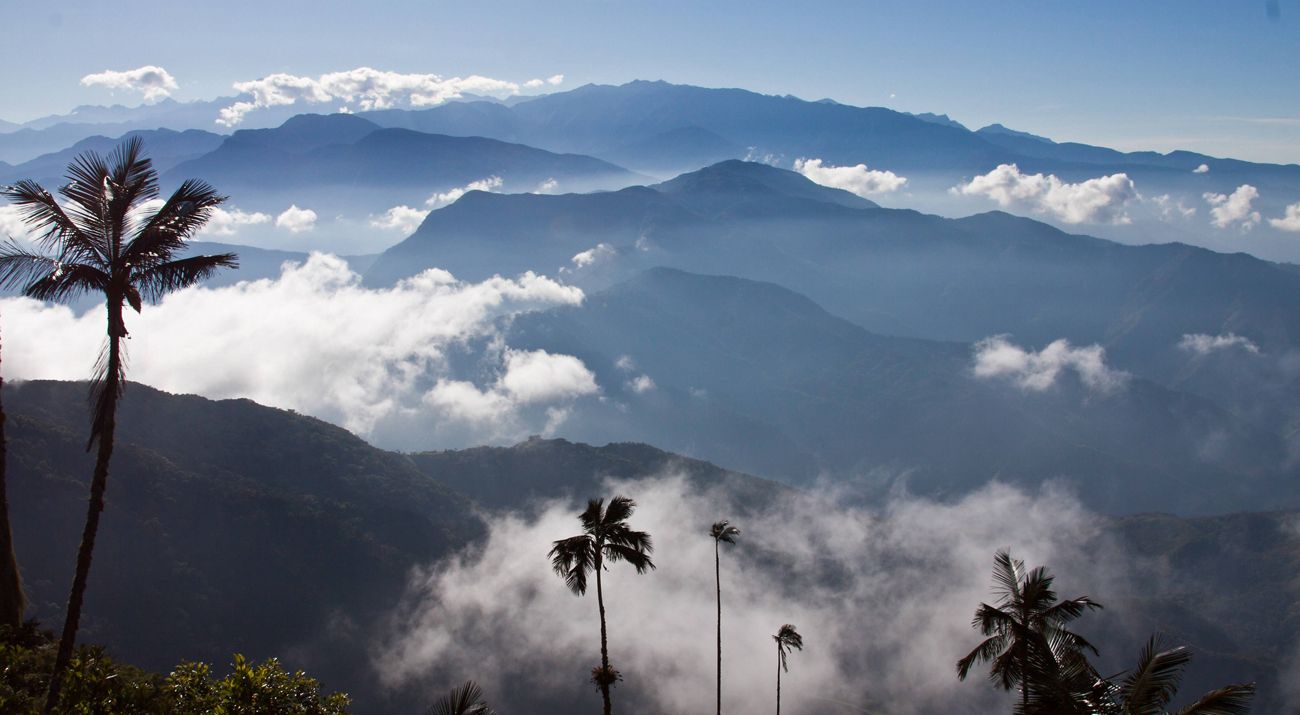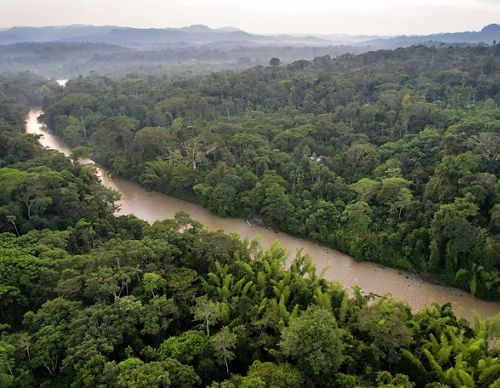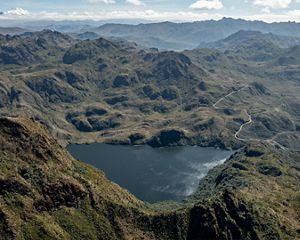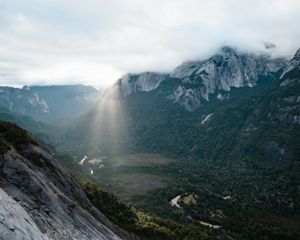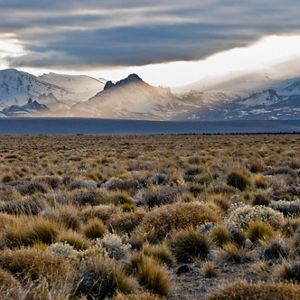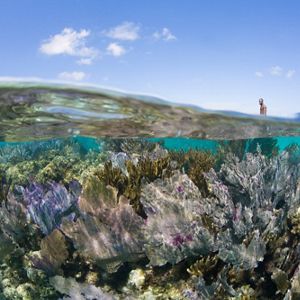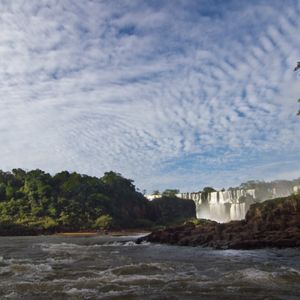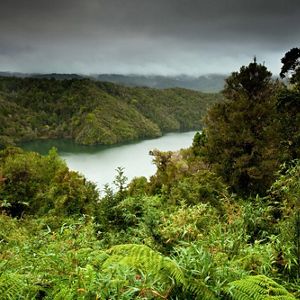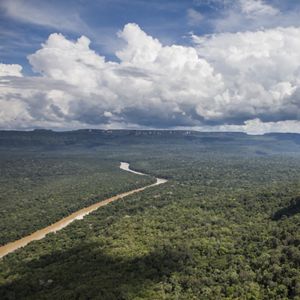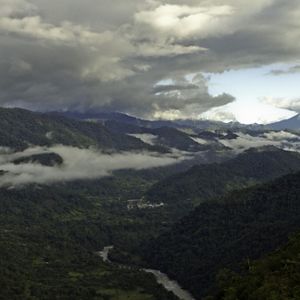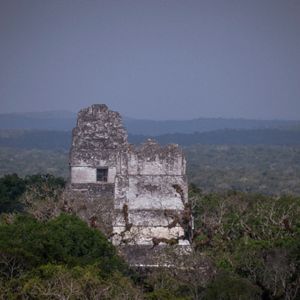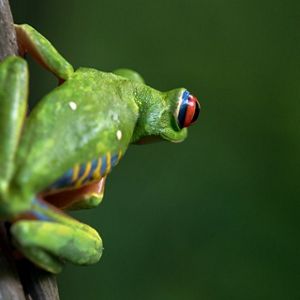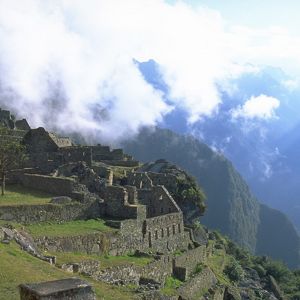The world’s most biodiverse region is at a turning point.
With 40% of the world’s species, more than a quarter of the Earth’s forests and the second largest reef on the planet, Latin America is a beacon of hope for a planet facing a changing climate and growing demands for food, water and energy.
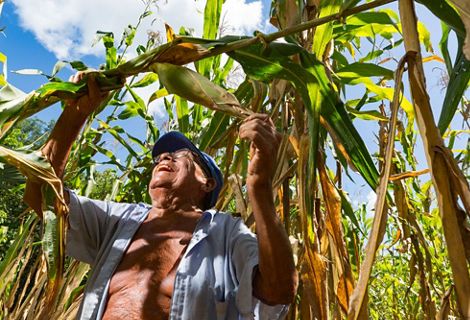
Dionisio in his "milpa" field
(TNC LICENSE) October 2016. 79-year-old Dionisio Yam Moo checks on his corn in his "milpa" personal agricultural field. He has adopted his own method of conservation agriculture planting beans high in nitrogen below his corn plants. The Nature Conservancy works with landowners, communities, and governments in Mexico to promote low-carbon rural development through the design and implementation of improved policy and practice in agriculture, ranching, and forestry. The Conservancy is leading the initiative, Mexico REDD+ Program in conjunction with the Rainforest Alliance, the Woods Hole Research Center, and Espacios Naturales y Desarrollo Sustentable. Photo credit: © Erich Schlegel
©
© Erich Schlegel
TNC en Español
Visit our site in Spanish! ¡Visita nuestro sitio en español!
Your Chance to Give Back
From Mexico’s Baja California in the north to Argentina’s Patagonia in the southern tip, The Nature Conservancy has worked in Latin America for more than 40 years to protect its lands, waters and oceans.
